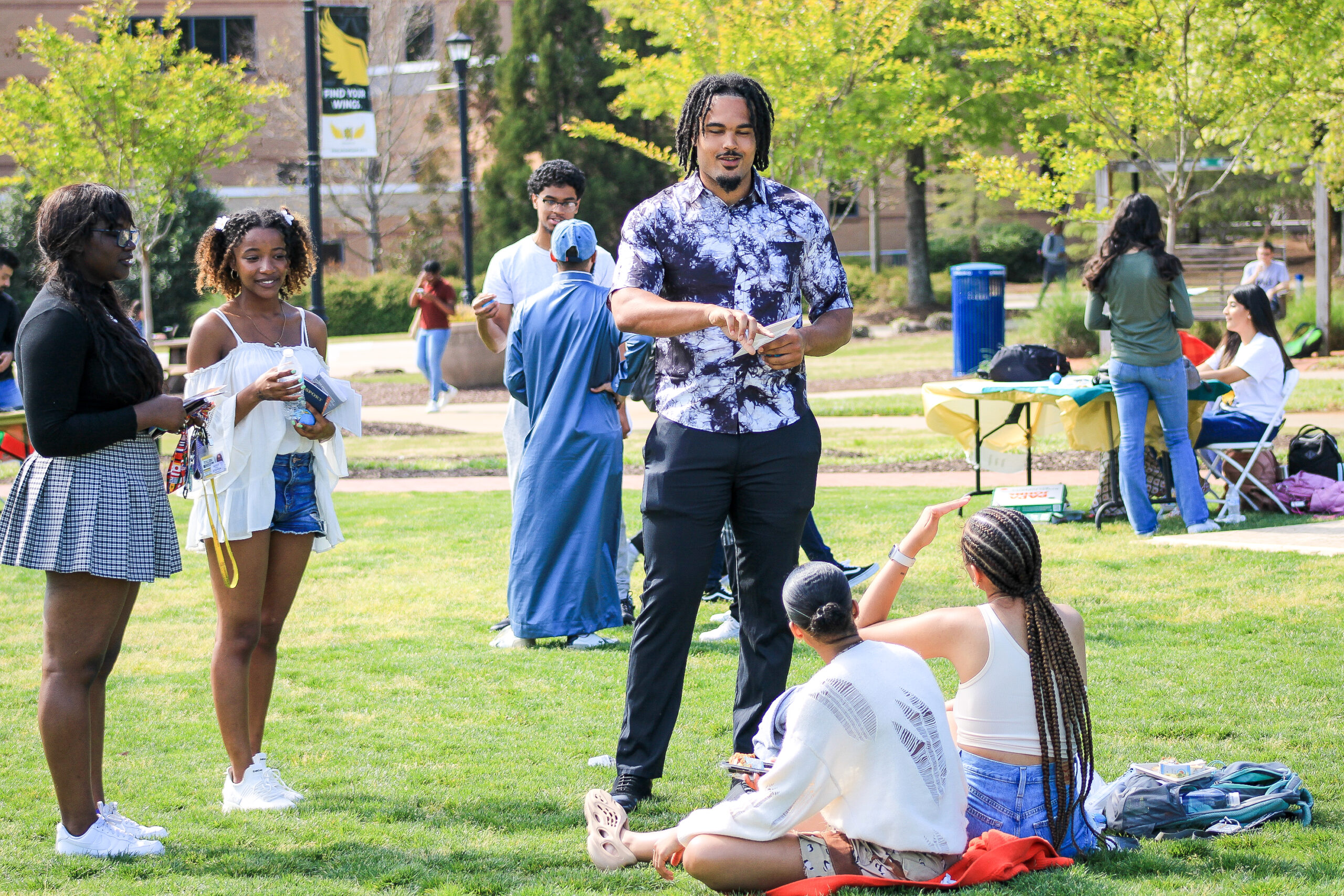After the overturning of Roe v. Wade on June 24 2022, students should be aware of its negative impact on women around the US.
Women’s right to choose whether or not to birth a child has been taken away. Protests and petitions began to emerge immediately after the Supreme Court hearing in the hopes that change could be made.
Georgia’s current abortion laws are severe. Congress says that Georgia has the following laws, which will make it difficult for people to have an abortion: abortions are limited to after five to six weeks or up to the start of embryonic cardiac-cell activity. States like Oklahoma have even worse laws with abortion banned no matter how long a person has been pregnant.
Kennesaw State student Lexi Comet feels that the ruling will affect other students. “Having Roe v. Wade be overturned makes students not even want to try [to have] children because what if they do need to have an abortion?” Comet said.
People are aware that if they are in a life threatening situation because of their pregnancy, an abortion would not be an option because of the overturning.
In many states, an ectopic pregnancy is not a valid reason to terminate a pregnancy even though it often results in death. The US Congress affirms that some states even ban abortion in cases of rape or incest. To most, having a child is not worth the loss of a loved one.
KSU student Maxwell Small-Price touched on how the overturning of Roe v. Wade affects men along with women. “I think it is important for the boys of our campus to learn the societal impacts of Roe v Wade because this affects not only women but can also affect you,” Small-Price said. “But it is more important that you remember how this affects your sister or your aunt or your mother or your potential future daughter if you do decide to have children.”
The overturning of Roe v. Wade will affect people in the US for years to come. It is crucial for students to be aware of its historic consequences in order for there to be potential change in the future.


